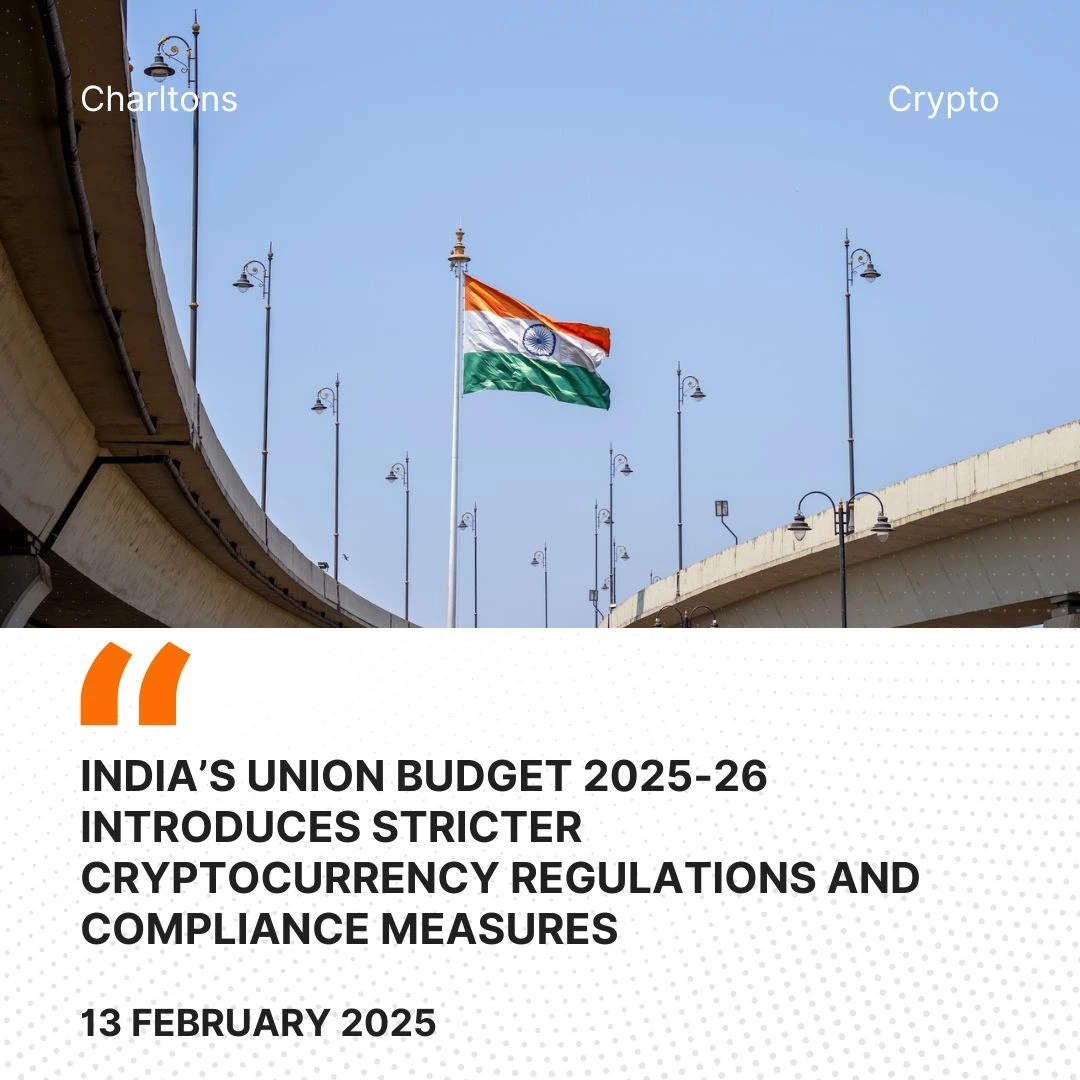
On 1 February 2025, the Indian government released the Union Budget for the financial year 2025-26, addressing various economic sectors, including cryptocurrency regulation. The budget reaffirmed the government’s cautious stance on digital assets by maintaining the 30% tax on cryptocurrency income while introducing new compliance requirements and penalties for unreported gains.
The government continues to classify cryptocurrency as a high-risk speculative asset, disallowing investors from offsetting losses against other income sources. Cryptocurrency entities are now mandated to report transaction details under Section 285BAA of the Indian Income Tax Act, a requirement that brings them under scrutiny, akin to traditional financial institutions. The Indian budget 2025-26 introduced a 70% penalty on undisclosed gains from cryptocurrency transactions, retroactively applying to profits made over the past 48 months. This provision specifically targets unreported earnings from the 2021–2023 cryptocurrency boom, during which an estimated $3.8 billion in digital asset profits allegedly went undeclared.
The increased regulatory burden has raised concerns among cryptocurrency exchanges, leading to exits from the Indian market. Bybit, a global cryptocurrency exchange, announced its departure from India in January 2025 due to regulatory pressures. While foreign exchanges struggle to navigate India’s tax framework, local platforms like CoinDCX continue to operate, though WazirX faces liquidity challenge due to the cyberattack on its platform.
India’s Economic Affairs Secretary Ajay Seth confirmed that the government is conducting a “comprehensive review” of cryptocurrency policies to ensure regulatory clarity while maintaining necessary oversight. However, policy divisions persist between the Indian Apex bank, Reserve Bank of India (RBI) and the Indian Finance Ministry. The introduction of India’s Central Bank Digital Currency (CBDC), the digital rupee (e₹), adds another dimension to the debate, raising questions about the government’s long-term vision for private digital assets in the country.
(Source: https://www.indiabudget.gov.in/doc/budget_speech.pdf)





